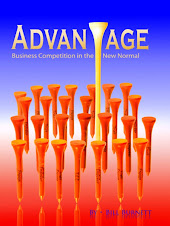
In The Theory of Moral Sentiments Adam Smith wrote:
“Man naturally desires, not only to be loved, but to be lovely; or to be that thing which is the natural and proper object of love. He naturally dreads, not only to be hated, but to be hateful; or to be that thing which is the natural and proper object of hatred.”
When it comes to behaving in ways that appear to violate our values, how influential is this natural desire for constituent belonging that Adam Smith talks about. When we are in the right lane, driving along at 59mph in a 55mph zone while everyone else is zooming past at 70mph or more, and suddenly someone pulls close behind us. Is it our desire, as Smith expressed it, not to be “that thing which is the natural and proper object of hatred” that causes us then to speed up to 63mph?
In environments where cheating occurs, we only cheat by a small amount, perhaps an amount that leaves us with a result that most people could believe we are capable. We don’t go so far that in our own eyes we become unworthy. We expect to get away with it and perhaps enhance our public persona in the process. Ariely suggest that we all cheat a bit from time to time...on our taxes, on expense reports, on insurance claims, on our resumes, and on the golf course,...of course.







